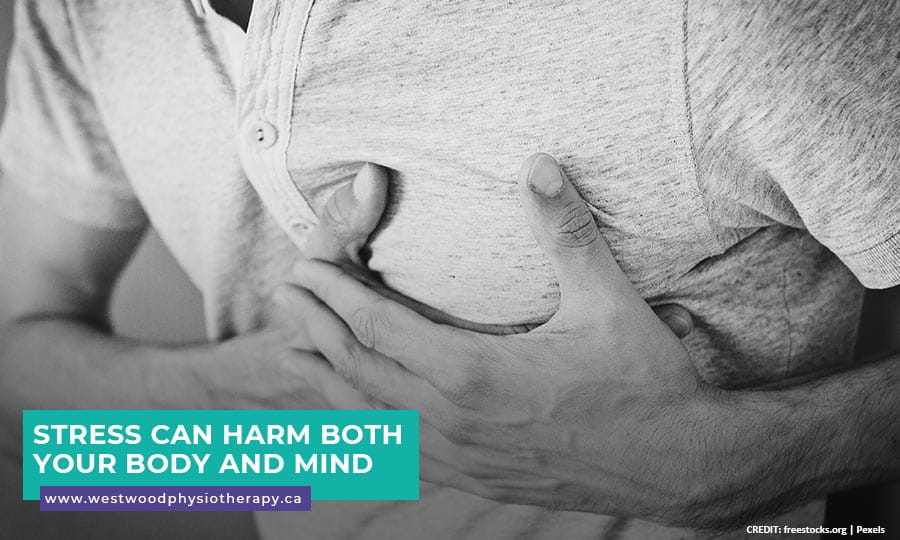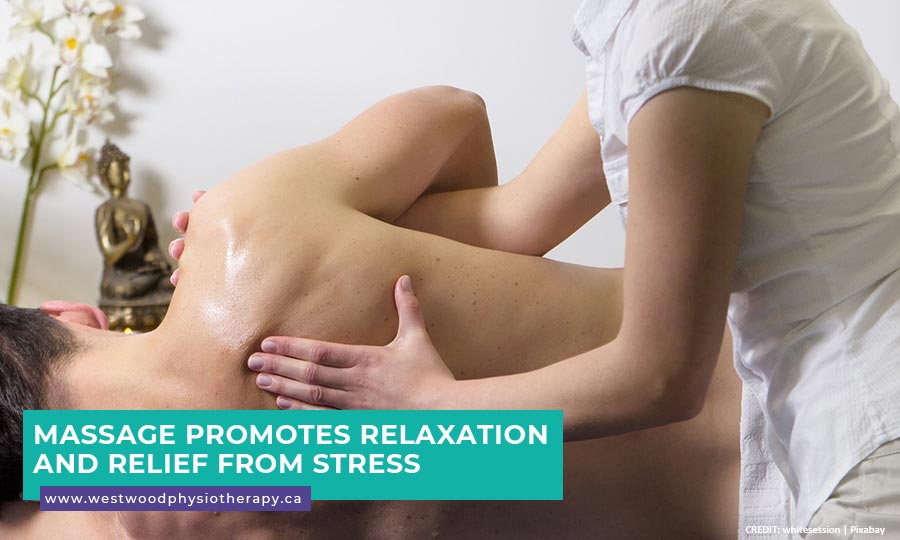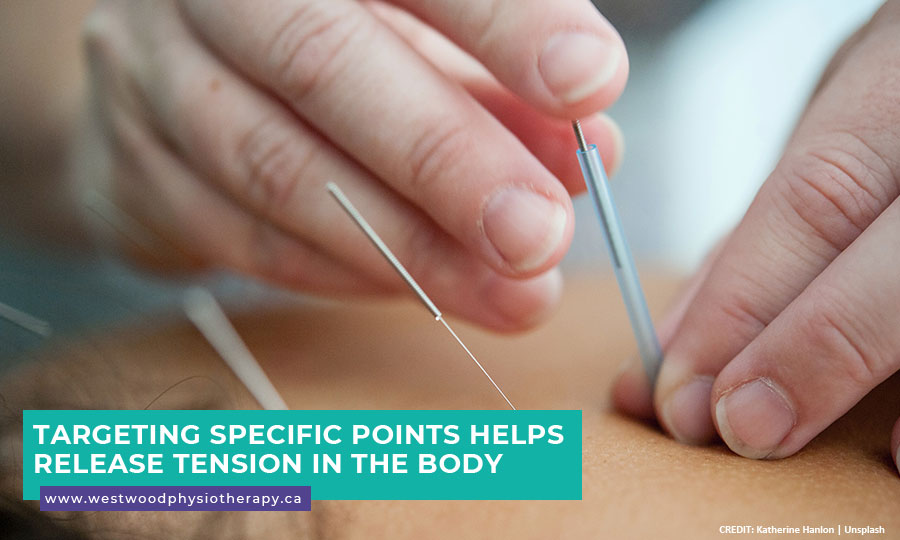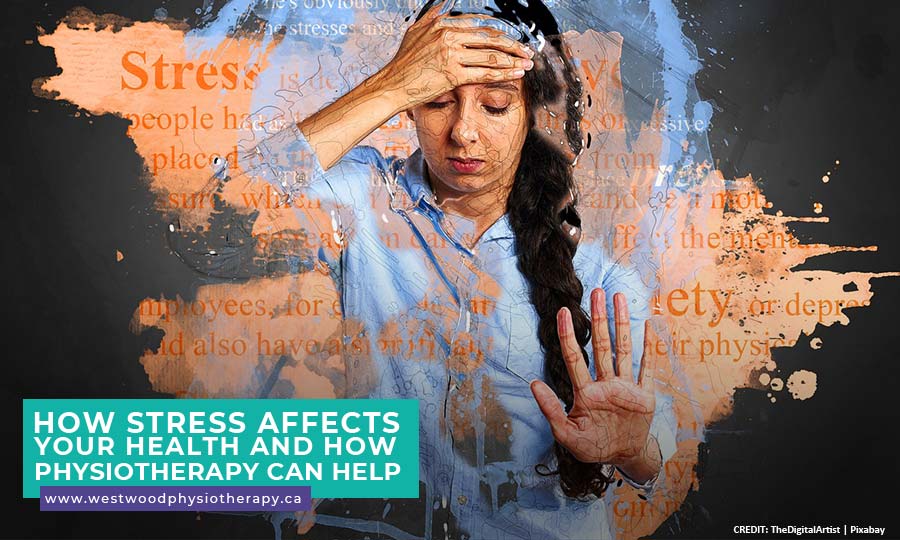Stress is now an integral part of modern day-to-day life. When unmanaged, stress can take a toll on your physical and mental health, resulting in severe health issues. Managing your stress can effectively break its hold on you, allowing you to live a happier, healthier, and more productive life.
Causes of Modern Life Stress
Stress triggers can differ from person to person. Some of the most common stressors include financial problems, work issues, relationship conflicts, and poor health.
- Financial Problems – With today’s society putting so much emphasis on what you have, money is probably the most common source of stress in our lives. Rent, debts, and the inability to provide for yourself or your family can put a person in a tremendous amount of stress.
- Health Conditions – Being diagnosed with an illness can put a person under a lot of stress. Even if you yourself are healthy, finding out that someone close to you is coping with a health issue can also increase your stress levels.
- Relationship Conflicts – Conflict between you and your spouse, parent, child, or friend can be a major source of stress. The situation becomes even more stressful if you live together. Even if you are not involved, conflicts within the family can also be difficult to deal with.
- Work Issues – Long hours, tight deadlines, heavy workload, workplace conflict, and job insecurity can also subject you to high levels of stress. Dealing with various work-related issues do not only affect the well-being of employees but decrease the productivity of the organization as well.
How Stress Affect Your Body

Stress causes your body to think that it is under attack. This triggers the brain to generate stress hormones (cortisol) which heighten your senses and activate the muscles so you can react quickly to what the brain perceives as an immediate danger. The accumulated stress of everyday life can affect your thoughts and behaviours and even cause irreversible damage on your health. This includes:
- Difficulty Controlling Your Emotions – Stress can easily make people lose control. Neuroscientists found out in a 2013 study that even mild levels of stress can impair a person’s ability to control their emotions.
- Promote Disease – If you are prone to certain diseases, chronic stress can increase your vulnerability to illnesses like cancer, respiratory problems, cirrhosis of the liver, and mental problems.
- Damage Teeth and Gums – Some people react to stressful situations through nail-biting and grinding their teeth. Unconsciously grinding your teeth can cause lasting damage to your jaw and wear the enamel of your teeth. Also, a 2012 study linked stress to gum disease.
- Trigger Heart Disease – Chronic stress can cause serious damage to your heart muscles. Stress hormones trigger an increase in heart rate and constriction of blood vessels, causing the heart to pump harder and elevate the blood pressure.
- Obesity – Some people, when exposed to stressful conditions, unconsciously eat too much. Chronically stressed people are more likely to consume 40% more food than usual.
- Premature Ageing – Long-term stress can make you look older than your age. Stress hormones can telomeres (end structure of chromosomes) and prevent new cells from growing. This results in the formation of fine facial lines, weak muscles, poor eyesight, and other inevitable signs of ageing.
- Weaken Immune System – Stress can reduce your immune system’s ability to combat antigens, making you more susceptible to infections. When stress hormone levels spike up, it suppresses the immune system.
Physiotherapy Techniques for Stress Management
When we are under stress, the amount of adrenaline produced by the body increases. Unused adrenalin can gradually build up in the system, causing muscle tension, high blood pressure, and sleep pattern disturbance.
Physiotherapy for stress relief is a type of non-invasive treatment recommended to people in the form of a relaxation program. Think of it as a safe and effective stress management approach that guarantees patients positive results.
Here are the top 3 physiotherapy techniques that help manage and relieve stress effectively:

- Massage – Stress can trigger painful neck, back, shoulders, and head. It causes tightness and pain on the nerves and muscles of these body parts. However, massage can help release tension by applying controlled pressure to these areas to manipulate the muscle and boost blood flow. Swedish and shiatsu are the most popular forms of massage used to treat muscle imbalance and soreness and provide relaxation. Manipulating and stimulating your muscles and tissues can effectively reduce tension and enhance flexibility. Getting regular massage sessions benefits both your physical and mental health.

- Acupuncture – This ancient Chinese medicine focuses on restoring the body’s energy balance called Qi. The treatment method involves the use of specialized fine needles that are pierced into your skin at specific areas of your body, stimulating the flow of energy, eliminating pain, and improving the function of your organs. While it also promotes relaxation and rejuvenation, acupuncture can also help reduce chronic and stress-related pain, including back pain, muscle spasms, and headaches.

- Chiropractic Care – Another effective and safe way to relieve uncomfortable symptoms of chronic stress is through chiropractic care. Spinal adjustments help restore the body’s natural balance and energy and reduce muscle tension, making you feel less stressed after the treatment.
- Proper Posture Techniques – Sitting for hours in the office can be stressful and harm your bodily systems, resulting in musculoskeletal issues, cardiovascular problems, and obesity. A physiotherapist will teach you about the proper body postures on how to sit and stand up and move throughout the day.

- Exercise – Exercise is not only a time-proven stress-reliever but also works effectively in alleviating sore joints and muscles and improving your posture. A physiotherapist can assess your daily routine and habits to create an exercise plan designed to relieve stress symptoms, reduce tension, and promote relaxation, as well as recommend some lifestyle changes to reduce the frequency of stress. Physiotherapy exercise for back pain is designed to stretch and strengthen specific back muscles that are prone to fatigue due to prolonged sitting and standing at work. Combining it with breathing technique can maximize the result of the treatment. The physiotherapist will also guide you through the process of exercise and stretching drills you can do at home or work.

- Breathing Techniques – Breathing techniques can help improve our breathing pattern and promote “rest and digest” aspects of the autonomic nervous system and reduce the “fight and flight” response. This helps minimize the overall stress in your body. Knowing how to breathe properly when exposed to stressful situations can help create more balance within the nervous system and controls the production of stress hormones.
How Physiotherapy Combats Stress

Keep in mind that your body and mind are interconnected with each other. Your physical well-being can directly impact your mental well-being. Physiotherapy incorporates stress relief activities that help you find a sense of balance in mind and body.
Here is how seeking physiotherapy treatment helps relieve and manage stress:
- Boost Confidence – Exercise can pump up the production level of your brain’s feel-good hormone known as endorphins, which reduces the effect of stress and improves your mood. Make it a regular habit to engage in physical activities, such as walking, jogging, yoga, and biking.
- Alleviate Depression – If you suspect stress has taken a toll on your mental health, seeking physiotherapy can help. It works by targeting the physical symptoms of depression and improving your mood. The physiotherapist will develop a structured physical therapy exercise program designed to stimulate your nervous system and act as a therapy to reduce stress-related depression. It eliminates the need to take antidepressant drugs. Physiotherapy exercises are safe and have no unpleasant side-effects, and reduces the risk of falling into relapse.
- Improve Quality of Life – Physiotherapy treatments are extremely effective in relieving stress and improving your physical and mental condition. These benefits help boost your self-worth and self-esteem, promoting your general well-being.
- Promote Better Sleep – Stress can prevent you from getting a restful sleep every night. However, a relaxing massage therapy and acupuncture can help improve sleep quality. If you have trouble getting enough sleep every night, a physiotherapist can provide solutions to your concerns.
- Lower Cortisol Level – Performing a diaphragmatic breathing daily can help lower the level of cortisol in your system. It promotes relaxation and better concentration. Find a physiotherapist to learn more about the different breathing techniques.

Westwood Physiotherapy & Wellness has a team of warm and friendly physiotherapists who are happy and willing to assist you in managing your stress symptoms in the most effective way. Learn how we can help you fight stress-related problems and guide you in moving towards the best quality of life.
Give us a call today at (519) 341-5161 to book a physiotherapy appointment in our Guelph physio clinic. You can also email us at info@westwoodphysiotherapy.com or fill in our contact form to send us your message or queries.


